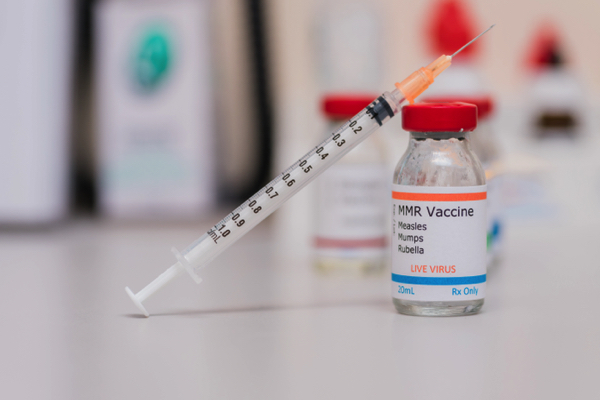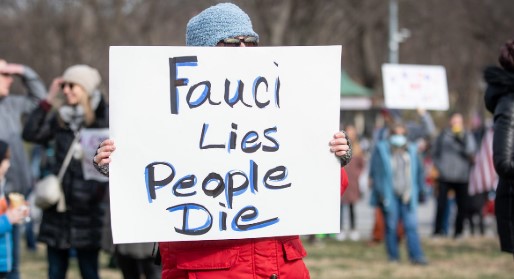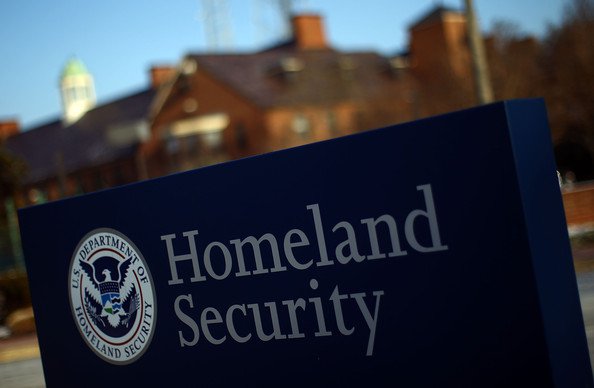 Parler
Parler Gab
Gab
- The Trump administration, through the Justice Department’s Weaponization Working Group, is scrutinizing Nature Medicine and other journals over potential bias in publishing the 2020 paper "The Proximal Origin of SARS-CoV-2," which dismissed the lab-leak theory.
- Internal emails revealed the paper’s authors privately doubted their own conclusions, while NIH officials like Fauci and Collins heavily promoted it. Allegations suggest funders (e.g., Wellcome Trust) may have influenced the study, violating journal ethics policies.
- Investigators are examining whether the paper’s authors received an NIH grant shortly after publication, raising concerns about financial incentives shaping scientific conclusions.
- Critics argue the DOJ probe risks politicizing science and chilling academic freedom, while supporters see it as necessary to expose institutional bias and corruption in public health narratives.
- The controversy reflects a deepening divide between political and scientific establishments, with implications for transparency, dissent and who controls the definition of "settled science."
The paper that shaped the pandemic narrative
Published in Nature Medicine in early 2020, "Proximal Origin" was swiftly weaponized to discredit lab-leak theories as conspiracy. Dr. Fauci cited it in White House briefings, while media outlets like ABC News declared it proof that COVID-19 was "not a laboratory construct." Yet behind the scenes, emails obtained via FOIA requests showed the authors coordinating with NIH and Wellcome Trust officials — including Fauci and Jeremy Farrar — before publication. "I’m still not fully convinced that no culture was involved," lead author Kristian Andersen admitted in a Slack message weeks after publication, contradicting the paper’s definitive conclusion. Another email revealed co-author Robert Garry suggesting Farrar be listed as an author due to his "amazing leadership" in drafting the paper — a violation of Nature’s ethics policy, which requires disclosure of funder involvement. Despite these revelations, Nature Medicine has refused to retract the study, even after a 2023 letter from the watchdog group BioSafety Now, signed by over 50 scientists, demanded accountability.DOJ probe: Quid pro quo allegations
Sources within HHS confirm that Martin’s investigation focuses on whether "Proximal Origin" was part of a quid pro quo — suggesting its authors were rewarded with a lucrative NIH grant months after publishing the paper. Records show Andersen’s grant was finalized in May 2020, two months post-publication, despite his sworn testimony to Congress denying any connection. The DOJ letters also question whether journals like Nature Medicine and CHEST prioritize funder interests over scientific rigor. "How do you clearly articulate to the public when you have certain viewpoints that are influenced by your ongoing relations with supporters, funders, advertisers and others?" Martin’s letter asks. Critics argue the probe risks chilling academic discourse. "This is blatant political intimidation," said Dr. Adam Gaffney, a pulmonologist, while First Amendment experts warn the DOJ’s actions could set a dangerous precedent for government interference in science.A broader battle over public health transparency
The controversy reflects a deepening divide between the Trump administration and the scientific establishment. HHS Secretary Robert F. Kennedy Jr. has long accused journals of suppressing studies linking vaccines to autism and colluding with pharmaceutical companies. Meanwhile, NIH Director Dr. Jay Bhattacharya—a lockdown critic —has launched an alternative journal to challenge mainstream publishing "gatekeeping." For conservatives, the "Proximal Origin" saga epitomizes systemic bias in science. For researchers, it’s a cautionary tale of politicization. As the DOJ’s investigation unfolds, one thing is clear: The fight over COVID’s origins—and who gets to define "settled science"—is far from over.Science, power and the search for truth
The targeting of "Proximal Origin" underscores a pivotal moment in the intersection of science and governance. Whether viewed as a legitimate inquiry into corruption or an overreach threatening academic freedom, the DOJ’s actions signal a reckoning for institutions accused of prioritizing narrative over neutrality. As Kennedy’s HHS reshapes federal health policy, the outcome of this battle could redefine how scientific dissent is treated — and who controls the levers of medical truth. Sources for this article include: ZeroHedge.com WashingtonPost.com NYTimes.comStudy reveals hidden hazards of HERBICIDE FIRES
By Lance D Johnson // Share
Merck’s mumps fraud: A 50-year cover-up exposed as vaccine efficacy claims crumble
By Willow Tohi // Share
No safe level of alcohol exists as studies confirm cancer link
By Cassie B. // Share
DHS requests 20,000 National Guard troops for immigration crackdown
By Laura Harris // Share
New study links mRNA COVID-19 vaccines to increased risk of thyroid disease
By Belle Carter // Share
Governments continue to obscure COVID-19 vaccine data amid rising concerns over excess deaths
By patricklewis // Share
Tech giant Microsoft backs EXTINCTION with its support of carbon capture programs
By ramontomeydw // Share
Germany to resume arms exports to Israel despite repeated ceasefire violations
By isabelle // Share










